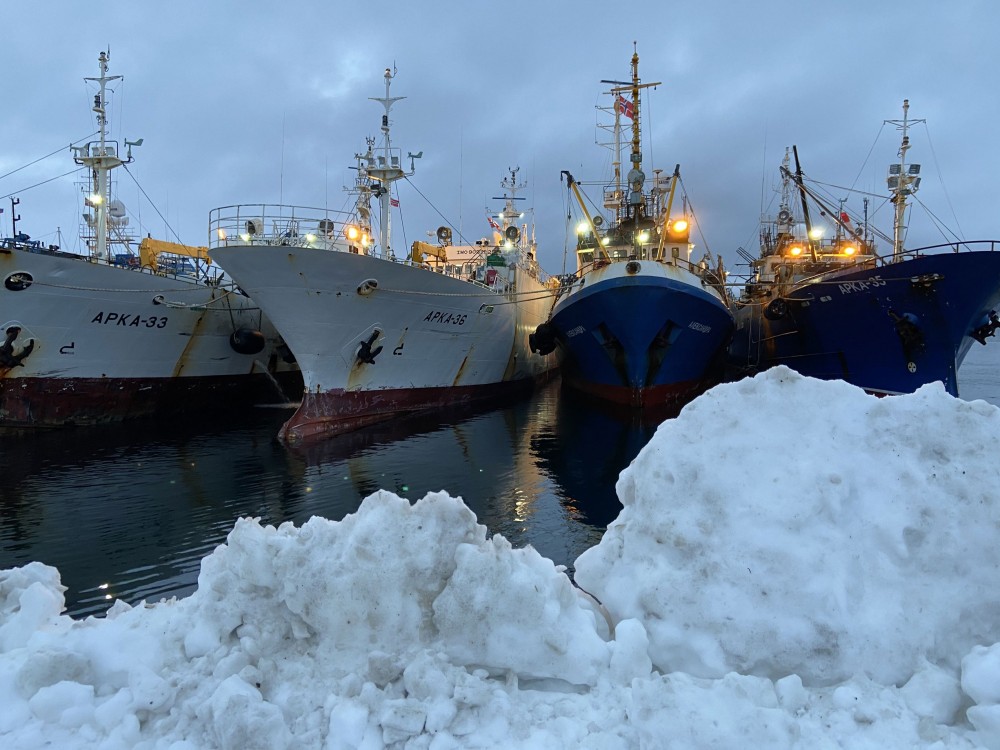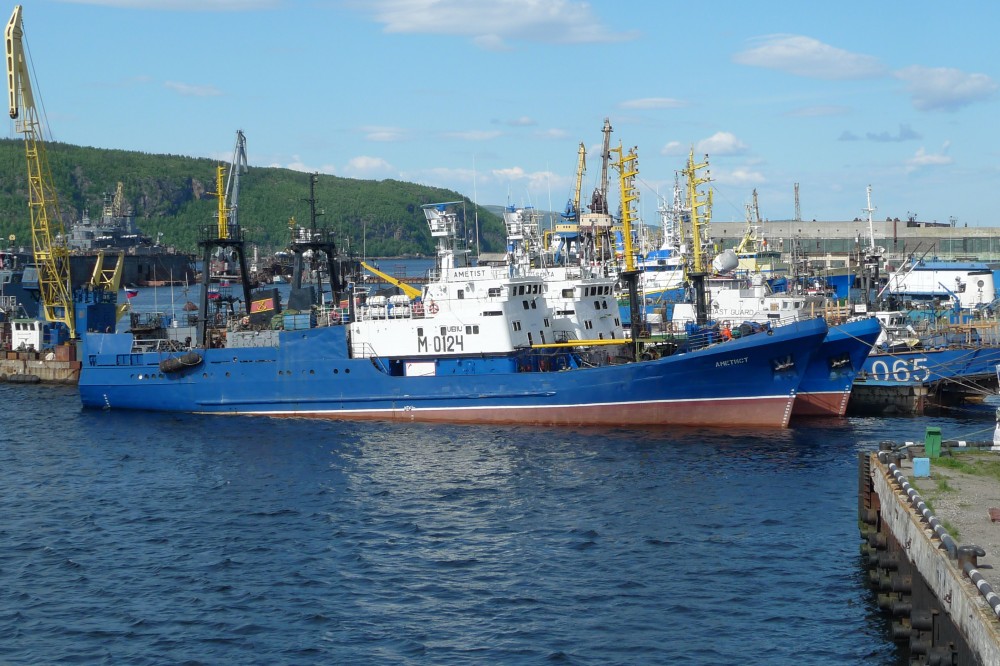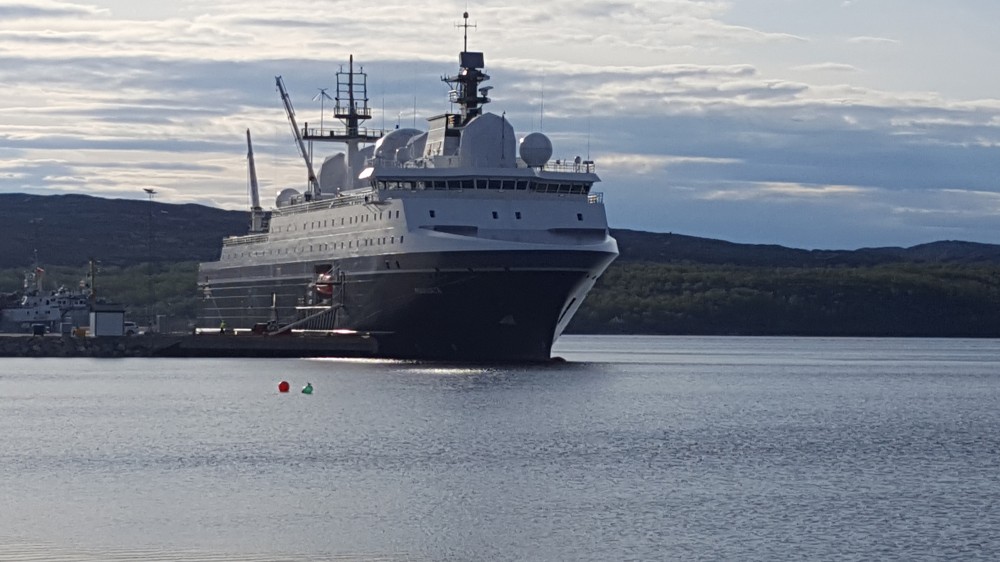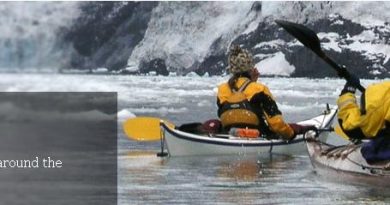Russia threatens to withdraw from fishery deal with Norway

Limiting access for Russian fishing vessels to Norwegian ports is illegitimate, Moscow claims and warns that further restrictions could cause a suspension of the 2024 fishery agreement.
Following Russia’s all-out war on Ukraine and increased fear of hybrid sabotage operations, Norway last October closed all ports except Båtsfjord, Tromsø and Kirkenes for Russian fishing vessels.
The Foreign Ministry in Oslo also said it is important to prevent Norway from becoming a transit country for illegal goods to Russia. Three open ports are easier to control than allowing Russian vessels to enter harbours anywhere along the remote coastline.
An annual bilateral fishery agreement between the two countries was signed last weekend. It sets detailed quotas for the different catches of cod, pollock, halibut, capelin and other spices.
With the work and agreements in the joint commission, Norway and Russia have managed to keep the Barents Sea as one of the best sustainable fishing areas in the world’s oceans.
“Illegitimate”
“The Russian side considers Norway’s unilateral restrictions concerning Russian fishing vessels to be illegitimate,” the protocol reads.
“In the event that further unilateral restrictions will apply to the Russian fishing vessels’ access to the ports in Norway are introduced, the Russian party reserves the right to suspend this protocol without regard to the deadlines set in §7 of the Rules of Procedure for the Norwegian-Russian Joint Fisheries Commission.”
Suspending the agreement, though, will hit Russian fishermen much harder than their Norwegian colleagues.
“Norway shouldn’t take this threat very seriously,” says research professor Geir Hønneland with the Fridtjof Nansen Institute.
“The joint Norwegian-Russian management of the Barents Sea is simply even more important for Russia than it is for Norway,” he says.

Hønneland is a leading expert on Norway’s cooperation with Russia in the north and has for decades closely followed the fishery negotiations between the two countries.
The biggest and best fish are found in the western parts of the Barents Sea, that is the Norwegian zone,” Hønneland explains. “The Russians get access to this through the cooperation with Norway.”
Among fishermen in Murmansk, avoiding the partly ice-covered waters in the eastern Barents Sea in favour of fishing grounds in the west is well known.
Murmansk is Russia’s largest fishing port but since the breakup of the Soviet Union, selling cod at ports in northern Norway both bring better pay and hard currency. In 2022, Russian vessels landed fish worth €175 million in Norwegian ports.
Neither Norway nor the EU have sanctioned cod and haddock from Russia.
Everything can happen
Geir Hønneland thinks it is unlikely, but he will not rule out the possibility that the agreement actually could be cancelled.
“Big politics, like from Putin’s office, often trumps economic and other interests.”
If Russia withdraws, it will be able to claim that the agreed total quota is no longer valid.
“In that case, it is basically for each individual country to set its own quota. It is not desirable because the sum of these quotas may exceed the scientific recommendations,” Hønneland says.

The research professor with the Fridtjof Nansen Institute, though, underlines that the fisheries management in the Barents Sea is a well-oiled machine on both the Norwegian and Russian sides
“So it is unlikely to pose any immediate danger to the fish stocks.”
Intelligence ship
The Russian part added to the protocol its special interest in accessing Harstad in northern Norway.
The port, which also is home to Norway’s intelligence vessel Marajata, should be open to Russian ships for repair, maintenance, supply and other services related to fisheries, the Russian part argues.
Fiskeribladet was first to reporte on the Russian demand to access Harstad.
The Marjata was previously based out of Kirkenes, but the Norwegian Intelligence Service decided a few years ago to move the homeport further away from the border with Russia. The ship is tracking military activities in northern waters.
Related stories from around the North:
Canada: Feds ask court to dismiss Nunavut Inuit lawsuit on fishing licences, CBC News
Greenland: Glowing snailfish full of antifreeze proteins found off coast of Greenland, Eye on the Arctic
Finland: Finnish Sámi activists win fishing rights case, Yle News
Norway: Barents Sea cod quotas lowered by 20% for the third year in a row, The Independent Barents Observer
Russia: Tighter export restrictions on electronics, but not all Russian fishing vessels are checked, The Independent Barents Observer
Sweden: Environmentalists seek solutions to ghost net problem in Baltic Sea, Radio Sweden
United States: New research suggest some salmon species expanding their range in the Arctic, Eye on the Arctic



